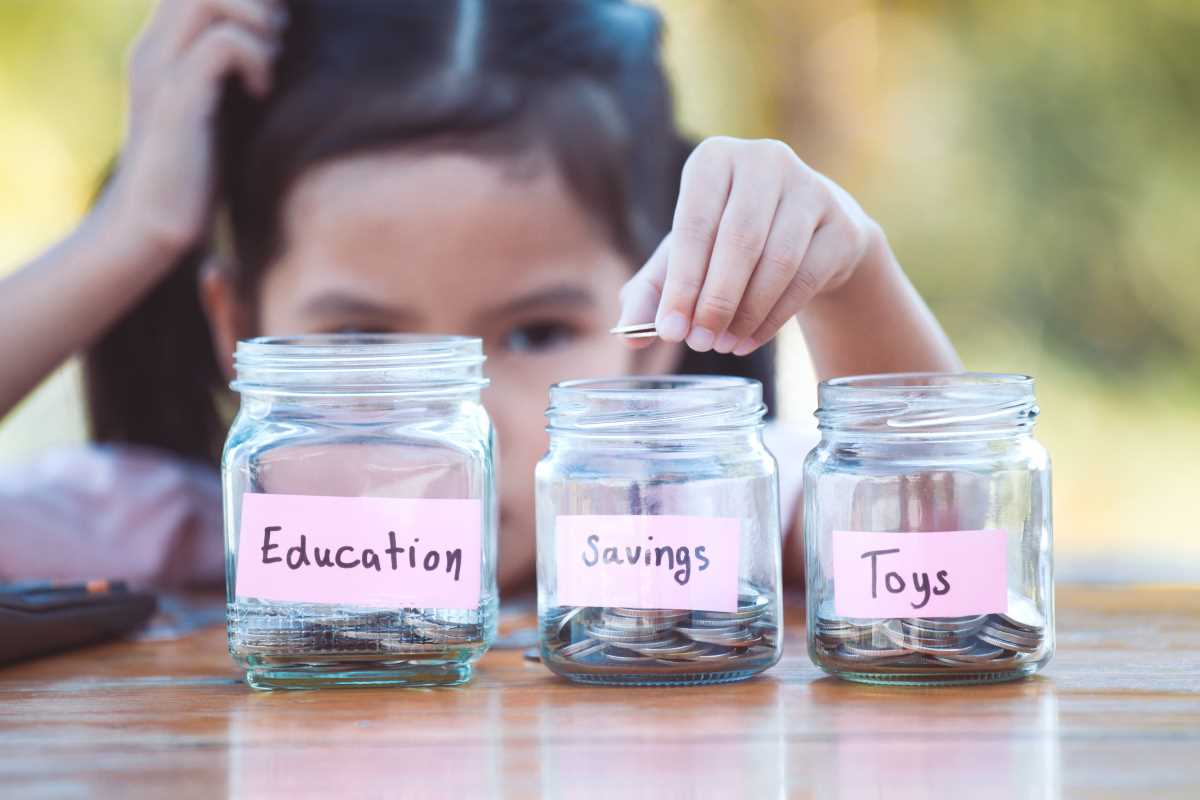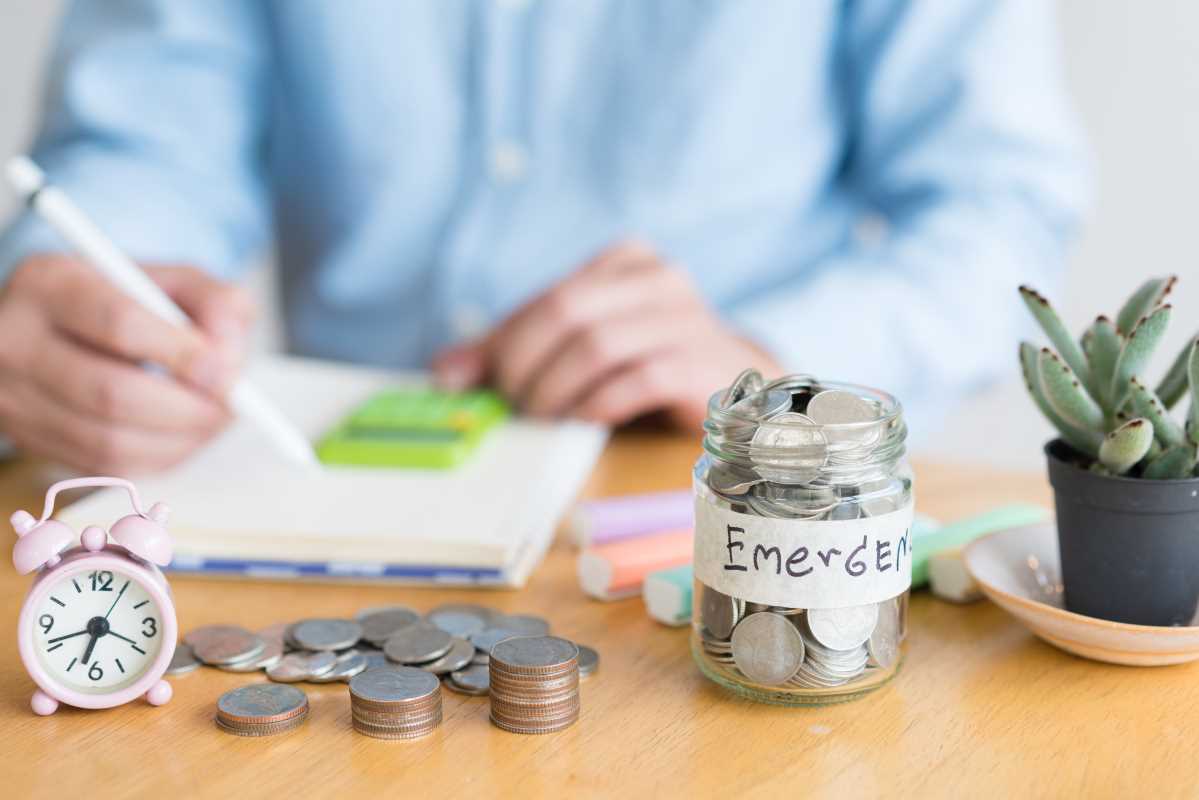Credit cards are convenient, offering an easy way to pay for purchases, but their reliance can quickly snowball into financial difficulties if not managed properly. While it’s tempting to swipe your card whenever you need something, over time, this habit can lead to high balances, debt accumulation, and sky-high interest rates that leave you stuck in a cycle of minimum payments. If you're looking to break free from this cycle and reduce your credit card dependence, you're not alone. Here are some practical, yet simple tips to help you minimize your reliance on credit cards and regain control of your finances over time.
Start with a Clear Budget
One of the most effective ways to stop using credit cards is by setting a strict budget. By knowing exactly where your money is going each month, you can reduce the temptation to reach for the plastic whenever something catches your eye. The key is to track your spending across all categories—groceries, entertainment, bills—and make adjustments where necessary. Once you have a clear understanding of your finances, you can see where credit cards are being used unnecessarily.
A good way to start is by dividing your budget into needs and wants. Make sure that your essential expenses are covered first, and only allocate credit card usage for specific, planned purchases. Setting limits in each category will prevent spontaneous purchases that add up, which is often where credit card use spirals out of control.
Build a Cash Reserve
It’s difficult to stop using credit cards if you don’t have access to enough cash. That’s why having an emergency fund or a cash reserve can be your best ally. Aim to save a small portion of your paycheck each month to build a buffer for emergencies. Once you have this safety net in place, you’ll be less likely to reach for a credit card when unexpected expenses come up. Having cash on hand makes it easier to avoid using a credit card as a fallback and keeps your financial foundation strong.
Set Up Automatic Payments for Essentials
One of the best ways to avoid the temptation of credit card use is to automate your payments for essential expenses. This includes things like utilities, rent or mortgage, insurance, and subscriptions. With automatic payments, you can set up a direct debit from your checking account, ensuring that these fixed costs are taken care of without you having to reach for your credit card each month.
By automating payments, you also avoid late fees and interest charges that can quickly accumulate, making credit card use even more expensive. And if you do have to use your credit card for larger or irregular expenses, you’ll already have a clear idea of how much you can afford to charge.
Pay with Debit or Cash Whenever Possible
It might sound simple, but switching from credit cards to debit cards or even cash is a great way to curb your reliance on credit. Debit cards draw money directly from your bank account, making you more aware of how much you’re spending in real time. By sticking to debit or cash for day-to-day purchases, you’re also avoiding the temptation to use credit cards for small, impulsive buys.
If carrying cash seems inconvenient, consider using a prepaid debit card that works like a regular debit card but allows you to load it with a set amount of money for the week or month. This allows you to set firm limits on your spending without worrying about the long-term consequences of credit card debt.
Avoid Temptation with Credit Card-Free Zones
Sometimes the best way to stop relying on your credit card is simply by not keeping it around. For many people, credit cards are constantly within arm’s reach, whether they’re in a wallet or stored digitally on their phone. To reduce your dependency, designate areas of your life where credit cards are not welcome. For example, when you’re out for lunch or running errands, leave your card at home. This ensures that when you’re out and about, you’re forced to make do with what you have in your bank account. Alternatively, consider using digital wallets or apps that allow you to store only a single debit card. This forces you to stick to a set budget and ensures that credit card temptation is out of sight and out of mind.
Track Your Credit Card Spending
If you can’t quite kick the habit of using credit cards, at least try tracking your spending carefully. Set a monthly limit for how much you’ll charge on each card and make a note of what those charges are for. Tracking allows you to see patterns in your behavior, highlighting unnecessary or impulse purchases that could have been avoided.
One easy way to track your credit card spending is through your bank’s mobile app or a budgeting app. Many apps can sync with your bank accounts, categorizing your spending automatically and providing a visual breakdown of where your money is going. With regular tracking, you’ll have a better sense of how to adjust your behavior and reduce your dependence on credit cards.
Refinance or Consolidate Debt
If you already have credit card debt that’s difficult to manage, refinancing or consolidating your debt can help reduce the financial strain. By consolidating your credit card debt into a personal loan or a lower-interest credit card, you can streamline your payments, making it easier to pay off your balances without relying on more credit. Refinancing is especially helpful if you’ve accumulated high-interest debt that’s compounding quickly, making it harder to make any headway.
While this doesn’t eliminate your reliance on credit cards, it provides a much-needed reprieve from high-interest rates, allowing you to pay off debt faster without constantly charging more on your cards.
Reward Yourself for Smart Financial Choices
Finally, one way to make reducing your credit card dependence rewarding is to celebrate small wins along the way. Set financial goals, such as paying off a portion of your credit card balance or going an entire month without using your credit card, and treat yourself once you reach those milestones. By giving yourself a tangible reward for staying disciplined, you’ll stay motivated to continue cutting back on credit card use.
The rewards don’t have to be extravagant. A small treat, a day out, or even just the satisfaction of seeing your debt decrease can serve as an incentive to keep going. Over time, these small celebrations will help you feel the positive impact of your efforts and encourage you to stick with the goal of reducing credit card dependence.







